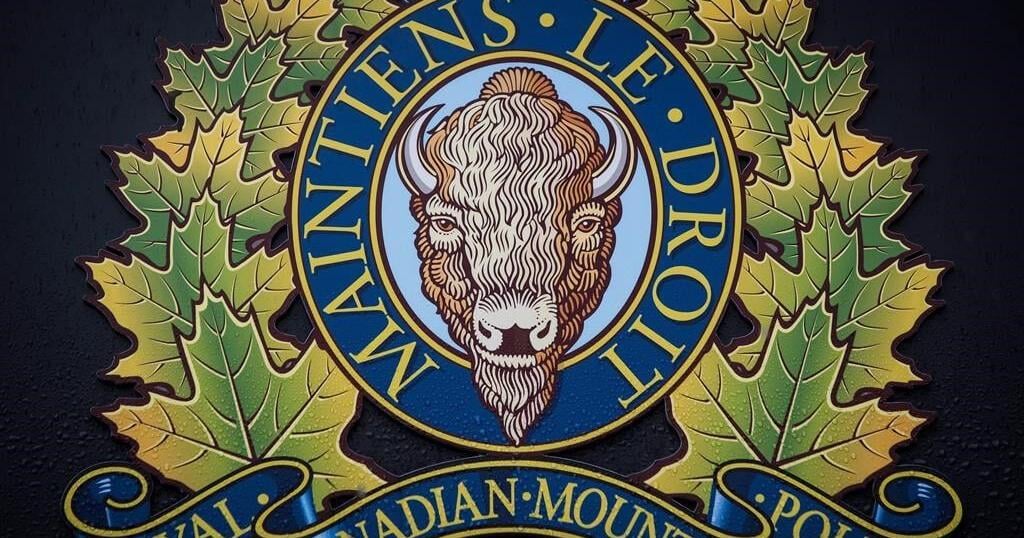TORONTO —
Half of Canadians say the country is currently experiencing the worst of the COVID-19 pandemic, and almost as many report visiting friends or relatives during the holidays, according to a new poll from Leger and the Association for Canadian Studies.
The poll, which was conducted for The Canadian Press and released on Tuesday, found that exactly 50 per cent of those surveyed said Canada is seeing the worst of the crisis right now. Another 30 per cent said the worst is yet to come, while 10 per cent said the worst is behind us.
Canada’s seven-day average number of new COVID-19 cases hit an all-time high of 6,713 on Jan. 1, according to CTV News data, and has continued to rise every day since. On Monday, it stood at 7,493.
Optimism that Canada has passed the peak of the pandemic decreased with age. Survey respondents between the ages of 18 to 34 were nearly split, with 21 per cent saying the worst is ahead of us and 19 per cent saying it has already happened. Of those over the age of 55, 36 per cent said the worst is in the future while only four per cent placed it in the past.
Regionally, optimism was highest in Manitoba and Saskatchewan, where 23 per cent of respondents said the worst is yet to come and 15 per cent said it has already happened. Pessimism was highest in Quebec, where those figures stood at 35 per cent and eight per cent respectively.
Despite having the greatest fears that the pandemic will worsen in the near future, respondents from Quebec were the least likely to believe they would be personally affected by COVID-19.
Asked how afraid they were of contracting the novel coronavirus themselves, 46 per cent of Quebecers polled said they were either very or somewhat afraid – the lowest level of any region in Canada.
Across the country, that figure stood at 61 per cent, with 18 per cent of respondents reporting that they were very afraid, and 41 per cent labelling themselves somewhat afraid. This fear was found to be highest in Ontario (69 per cent) and Atlantic Canada (67 per cent).
VISITING OVER THE HOLIDAYS
The high level of fear in Atlantic Canada stands in contrast to the region’s relatively mild experience with COVID-19. The four Atlantic provinces have far fewer confirmed cases of COVID-19 than any others, even after adjusting for population, although their curves started to rise again in December.
As the holiday season approached, indoor gatherings were limited to 10 people in Nova Scotia and Prince Edward Island, and 20 people in New Brunswick and Newfoundland in Labrador. Residents of all other provinces were told to limit their holiday-season contacts to members of their household, with some exceptions in some places for those who live alone.
This helps explain why Atlantic Canada had the highest rate – by far – of people visiting friends or relatives over the holidays, according to the poll. Seventy-two per cent of respondents from that region admitted to seeing others at least once, compared to the national average of 48 per cent.
Ontario was the only other region to come in above the national rate, with 53 per cent of respondents there saying they visited during the holidays. That figure stood at 46 per cent in Quebec, 42 per cent in Manitoba and Saskatchewan, 39 per cent in British Columbia and 32 per cent in Alberta.
Leger also found that visiting activity decreased with age. Sixty-one per cent of respondents between the ages of 18 and 34 reported seeing a friend or relative at least once during the holidays, versus 44 per cent of those aged 35 to 54 and 42 per cent of those aged 55 or older.
“Usually we Canadians are sort of much more, I would say, disciplined when it comes to going by what governments are recommending in terms of our behaviour, but over the holidays, apparently, it was sort of tougher on Canadians,” Christian Bourque, Leger’s executive vice-president, told The Canadian Press.
The poll involved an online survey of a representative sample of 1,506 Canadians between Dec. 30, 2020, and Jan. 3, encompassing the period in which news of some politicians’ international travel was coming to light.
Because the survey pool was drawn from Leger’s representative panel and is therefore not considered random, no margin of error can be determined. Respondents were also given the option of responding that they do not know the answer, which is why the results in this article do not add up to 100 per cent.
VACCINATION THOUGHTS
Leger reported that 62 per cent of respondents said they were not confident that the spread of the virus in Canada will be stopped in the next few weeks, with 43 per cent saying they were not very confident and 19 per cent saying they were not confident at all.
Confidence in stopping the spread of the virus decreased with age. It was highest in Atlantic Canada, where 59 per cent of respondents reported being very or somewhat confident it will happen in the next few weeks, and lowest in Alberta, where 31 per cent of respondents said the same.
The poll also found a high level of interest in vaccination, with 71 per cent of respondents saying they plan to get vaccinated against COVID-19 once it is their turn to do so, versus 14 per cent saying they will not get vaccinated.
The most support for vaccination was found in Atlantic Canada, where 77 per cent of respondents said they will get vaccinated and nine per cent said they will not. The least support was found in Ontario, where 69 per cent said they will get vaccinated and 16 per cent said they will not.
There was also a clear urban-rural divide on this point, with personal willingness to receive a vaccine falling from 75 per cent in urban areas to 70 per cent in suburbs to 66 per cent in rural regions, while unwillingness rose from 12 per cent to 14 per cent to 18 per cent.
Even in rural areas, though, vaccination willingness was far higher than what Leger has found it to be in the United States. In their most recent survey there, 53 per cent of respondents said they will accept a vaccine, while 29 per cent said they will not.
With files from The Canadian Press
Source: – CTV News
Source link
Related























